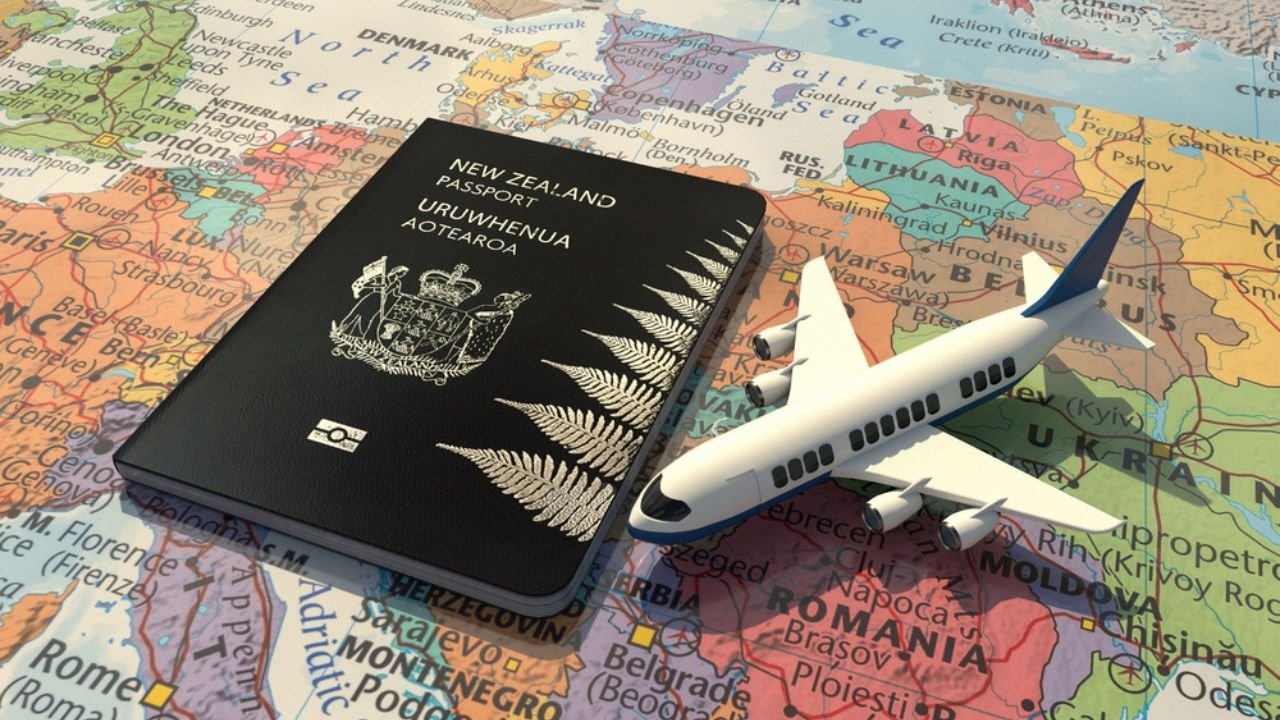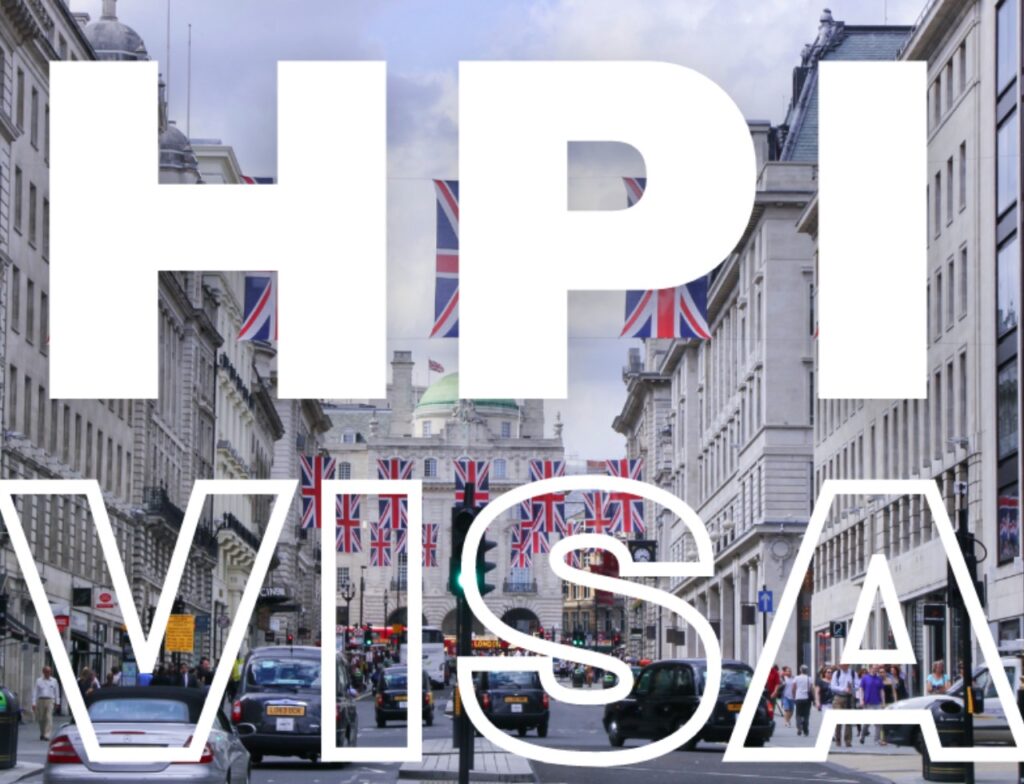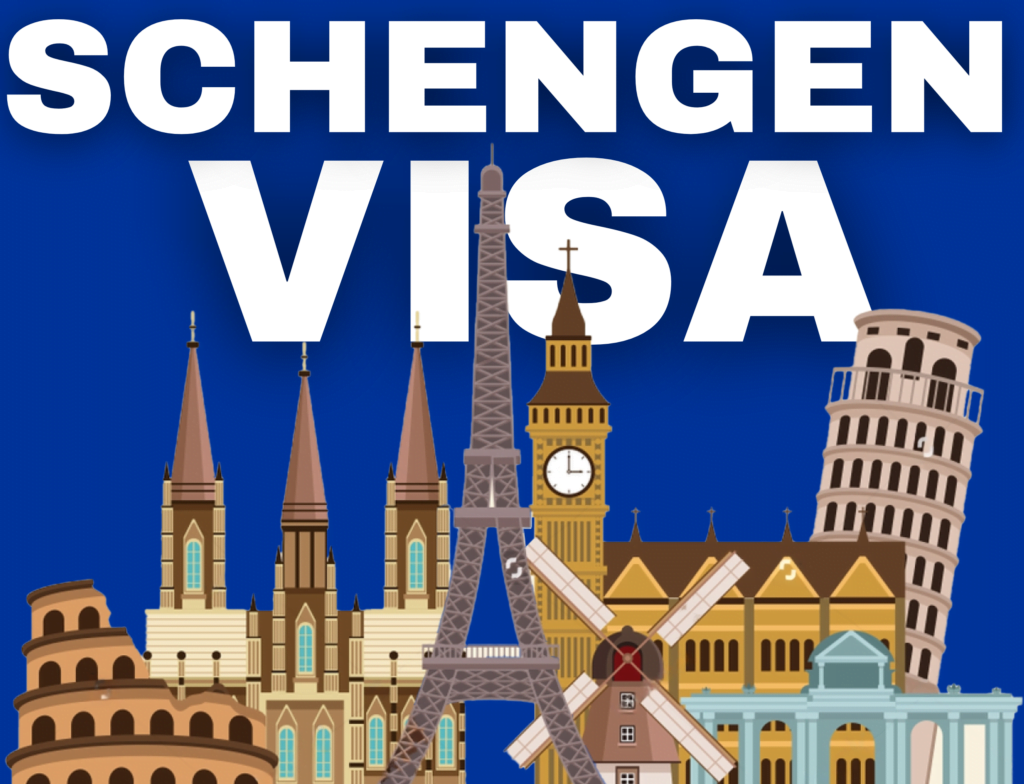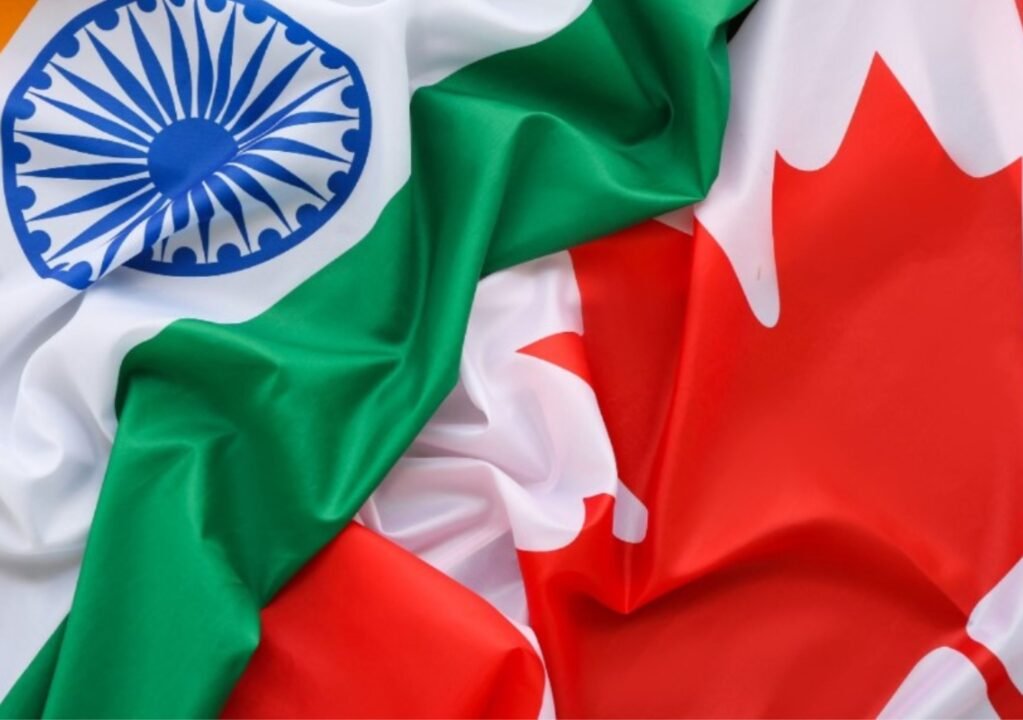New Zealand has recently begun implementing new immigration policies that are an issue for any foreign worker who wishes to sponsor their dependents. Sweeping amendments in support of these goals are planned to take effect as of June 26, 2024, so as to simplify procedures governing visas and to obligate visa sponsors to meet requirements designed to reflect New Zealand’s economic and immigration agendas.
Essential Overhaul of Visa Sponsorship Regulation
Restrictions on Sponsoring Dependents
Workers on the AEWV holding an ANZSCO level 4 or 5 with no resident visa path cannot obtain work visas for partners and dependent children, visitor visas, or student visas. This is done in accordance with the earlier Essential Skills Work Visa.
Alternative Visa Options
Partners and dependent children of AEWV holders can still apply for their own visas, such as the accredited employer work visa or international student visa, provided they meet the respective criteria.
Existing visa holders are unaffected.
The change in rules does not apply to those who already possess an appropriate visa that would grant them access as a partner or a dependent child. Unlisted AE New Visa (AEWV) holders in ANZSCO level 4 and 5 positions are also outside the changes and consist of individuals with existing immigration residence track records as Green List candidates or with sector deals. Moreover, those who owe more than 1. New Zealand residents who have more than 5 times the median wage threshold for the Skilled Migrant Category are not affected by these changes.
Pending Applications
For those who applied for partner or dependent child visas before June 26, 2024, but their application has not been processed yet, the Immigration and Asylum Regulations in force at the time of application will be used to review the applications to avoid disparate impacts on these people.
Conditions for Sponsoring Visas Post-June 26
Sponsoring Partner of a Worker Work Visa
To sponsor your partner for a Partner of a Worker Work Visa, you must earn at least NZD$29.66 per hour. If your earnings are below this threshold, you can support a partner on a worker visitor visa instead.
Sponsoring Child Visas
To sponsor a Child of a Worker Visitor Visa or a Dependent Child Student Visa, you must earn at least NZD$43,322.76 annually.
Higher Earnings for More Sponsorship Options
The weekly wages are NZD$50 or more for all employees who are required to be paid substandard wages due to unfair labour legislation. hour continues; whereas it would cost $32 per hour, work visas inclusive of open-string conditions could be sponsored. However, if your occupation is included in the Green List and you are able to provide for additional requirements for the job you are applying for, then you have the capacity to sponsor dependents as well.
Implications for Foreign Workers
These changes are proposed with the intent of enhancing the coordination of New Zealand’s visa regimes to reflect its economic objectives and immigration policy. By raising such standards, the government wants to guarantee whether visa sponsors and their dependents can financially support themselves without putting a burden on community resources.
For the foreign workers, it means that before they decide to bring their families over to New Zealand, they need to think carefully about how they want to manage their income and their positions in the jobs they take. While the new rules pose a major challenge, the options that are presented offer clear paths and parameters for those seeking to sponsor dependents.
Conclusion
New Zealand‘s recent modification of its visa sponsorship policies constitutes a serious paradigm shift in this nation’s approach to immigration. The foreign workers need to give special attention to such changes so that they can be informed of all the changes to enable them to sponsor their dependents in the new requirements. Such changes are intended to rationalise and bring the visa system closer to the principles of economic feasibility of the migration process, as well as facilitate improvements in the living conditions of the migrants and add economic value to the country’s economic environment.





